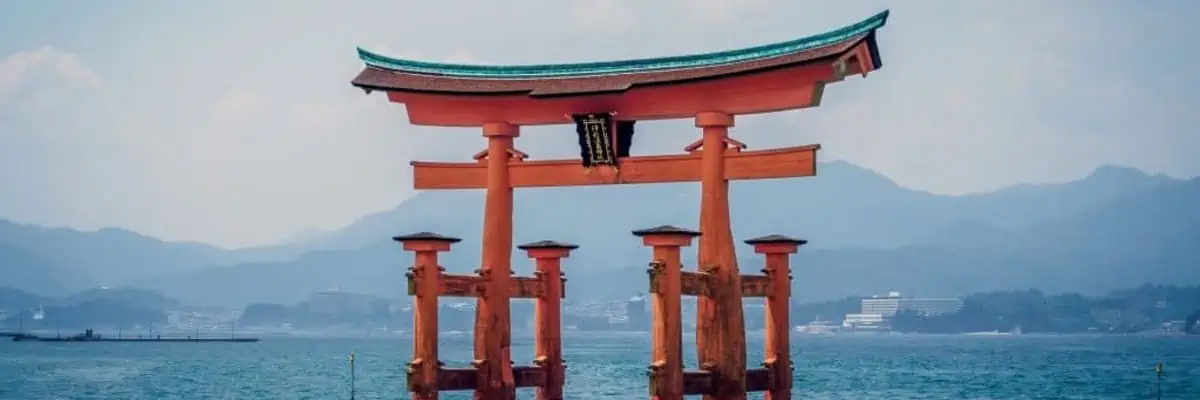As the world’s third-largest economy, Japan may have numerous opportunities for a skilled and qualified contractors. International contractors looking to work for clients inside of Japan will need to meet several requirements related to immigration. This is always the first step when considering how to work inside of a country. This article will cover the different types of work permits available in Japan and how to apply for them.
Working in Japan
Japan’s work culture revolves around long-term loyalty to traditional employers, so those wanting to be self-employed may find several challenges. One of those is the ability to demonstrate that you have the skills and experience that are related to your profession. This is accomplished by applying for a Certificate of Eligibility (COE) before arriving in Japan.
To obtain the COE you will need to present documents showing your educational degree, professional qualifications and experience. Those documents will have to correspond to your stated profession and expertise. The next step is to apply for work permits in Japan.
What type of visas are required to work in Japan?
Every foreign national working in Japan will need a work permit. There are several traditional routes to take, as well as a few well-known workarounds.
Client sponsorship of employment visa
If you are going to Japan to work for a single client, it may be simplest to have your client sponsor a regular employment visa. There are no quotas for this visa as long as you meet the requirements.
Investor or business visa
Another way for contractors to work in Japan is with an investor or business visa. It will require meeting rigorous criteria for starting a business or investing, so is probably only suitable for experienced, well-capitalized contractors.
Sole proprietor visa
There is no ‘self-employment visa’ per se in Japan, but there is a sole proprietor visa available for certain categories of foreigners. A sole proprietor is essentially a single-person business entity. Those eligible categories include:
- Individuals married to a Japanese national
- Individuals with a long-term or permanent resident permit
- Holders of a Working Holiday visa (with no restriction until the visa expires)
- Holders of a Dependent visa, Student visa, or Cultural Activities visa (as long as you have permission to engage in other activities granted by the immigration office)
- Specialists and work permit holders who have signed contracts with Japanese companies
- Holders of work visas who do freelance work as a side job
The last two categories are of special interest, as some contractors could have their client sponsor their visas if they have a signed contract. If you have more than one client, you would select the highest paying as your visa sponsor, and then work with the others legally.
Some foreigners will also start in Japan with a regular employer, and then use that immigration status to start freelancing as a sole proprietor ‘on the side’. They could then leave their employment, and continue working as a sole proprietor full-time.
How can I apply for a Japanese Work Permit?
Unless you are already in Japan with another type of visa, you will need a sponsor for any work permit. This will mean having an existing job offer or contract with a Japanese entity such as your client. Once you have your COE, your sponsor can apply for a work permit inside of Japan.
Umbrella company
You can use an umbrella company to sponsor your visa in Japan, which would allow you to work with one or more Japanese clients. The umbrella company would act as an intermediary with your clients and assist you with all taxes and social contributions.
Are there any important considerations or regulations that I should know about my Japanese work permit?
The normal time frame for visa approval is around three months, so it will pay to the plan. Work permits can be valid for up to five years but will depend on the length of your contract or proposed job offer.
How can I extend my Japanese work permit?
You can apply to extend your work permit up to three months before expiration. You or your sponsor can apply along with proof of extension of your work contract. It takes about a month for approval.
How Contractor Taxation can help with your work permits in Japan
If the work permit process seems daunting, then we can help you through our licensed umbrella companies in Japan. They can assist you with a wide range of contracting issues so that you can concentrate on serving your clients.
The umbrella company will:
- Handle all client payments, tax withholding and any social contributions
- Issue you a payslip each month, to a local or foreign account
- Can sponsor work permits
- Help set up the contract with the client
- Moderate any disputes with your client
- Advice on access to totalization and double taxation treaties
Contractor Taxation has experienced umbrella companies in Japan who are ready to help you with your work permit right away, even before you leave home. Please contact us for more information on how an umbrella company can be your essential partner in international contracting.





